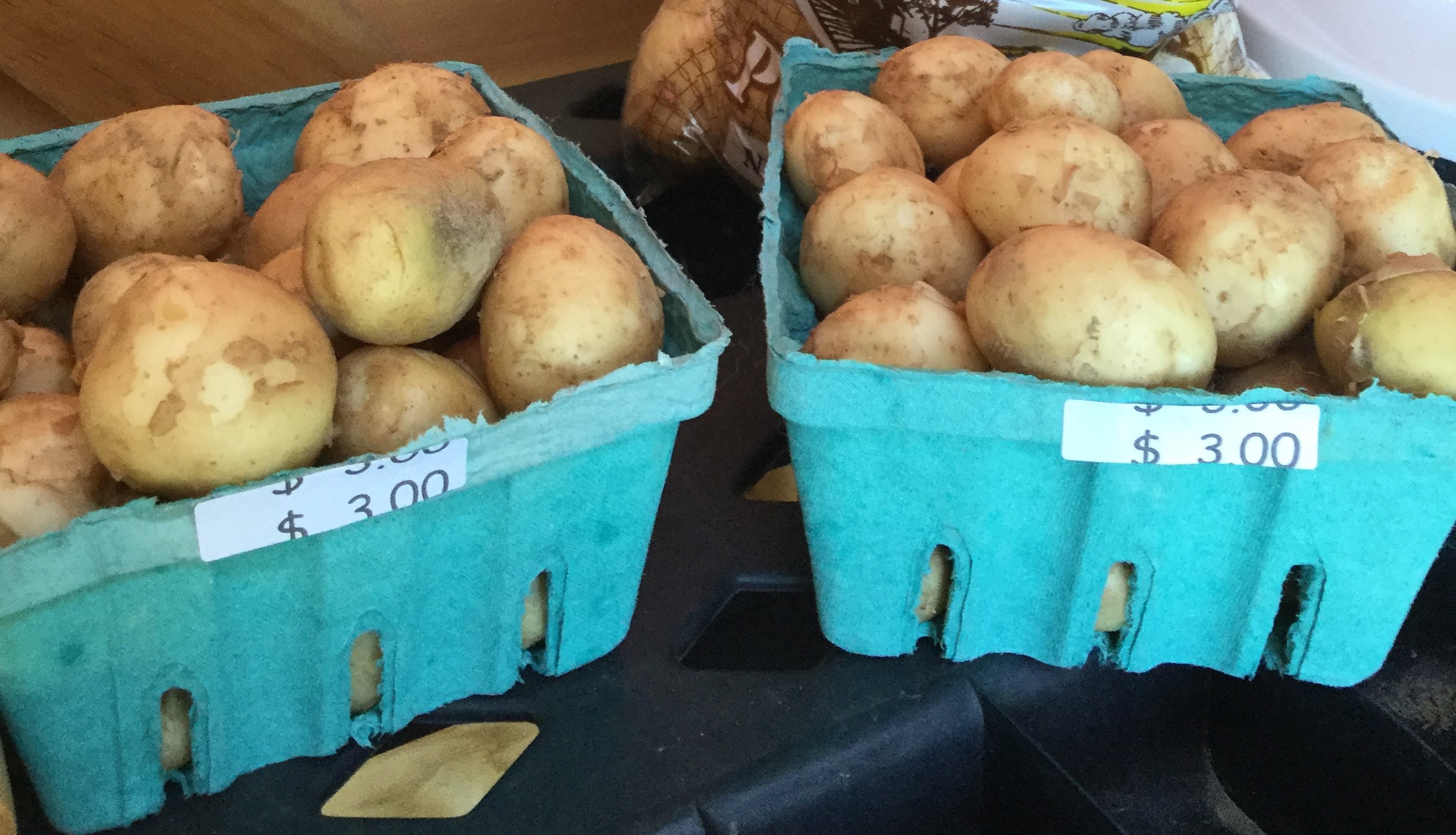
PRESQUE ISLE, Maine — With the midterm elections over and Congress now primarily focused on last minute arguments over President Donald Trump’s border wall and security, the executive director of the Maine Potato Board said Wednesday that he “generally felt positive” about the future potential for agricultural bills over the next two years.
Don Flannery said it is hard to predict what changes may come now that Democrats have gained 40 House seats, but added that industry bills tend to do well because agriculture “is not usually a partisan issue.”
“Most people understand that potato farmers, broccoli growers, corn and soybean producers, other types of farmers, we are here to feed people,” he said. “There aren’t a whole lot of people talking politics out there in the fields and in the potato houses. We just want to get the crops from the field to the markets with the least amount of hassle as possible.”
Flannery said that he and several other potato board members had recently remarked that they were happy to see the U.S. Farm Bill finally get resolved. After significant negotiations this summer, Congress voted for an $867 billion bill that has strong bipartisan support.
Lawmakers passed the final version early this month in both the House and Senate and the president signed it on Dec. 20.
The measure was heavily negotiated throughout the summer. It includes funding and policy language on federal trade, commodity programs, rural development, conservation, agriculture research, food and nutrition programs, and marketing.
Flannery said that over the next two years, he anticipates that potatoes will remain in the spotlight in Washington, D.C., as Maine continues to fight for more funding for issues such as breeding programs, technology, and research and development.
John Keeling is the chief executive officer of the National Potato Council, the advocate for the economic well-being of potato growers across the U.S. on federal legislative, regulatory, environmental, and trade issues. He noted that Rep. Collin Peterson, a Democrat from Minnesota, would be the incoming chairman of the House Agriculture Committee.
Peterson was first elected to the U.S. House in 1990 and is from a primarily rural and agricultural district reaching from the Canadian border to close to the Iowa state line and along Minnesota’s border with North and South Dakota, according to his website.
“He is a very steady hand,” Keeling said, “that provides a lot of reassurance to our industry and agriculture broadly.”




